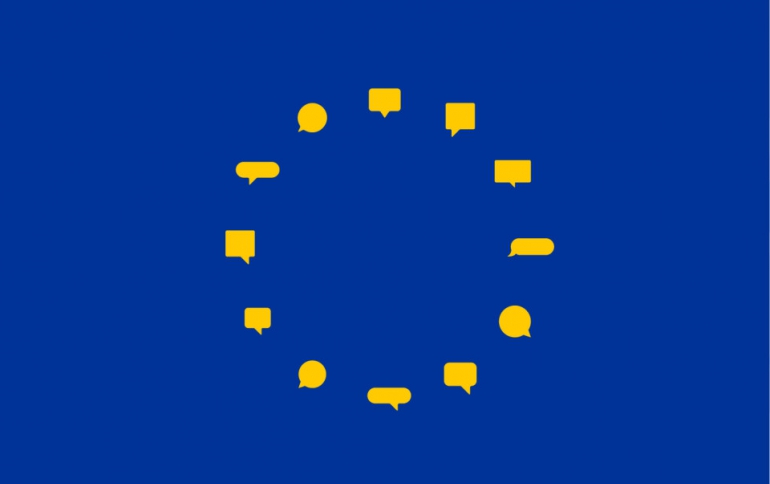
Facebook Says European Court Ruling Raises Questions About Policing Speech
Commenting on the recent ruling of the Court of Justice of the European Union about users' data, Facebook says that the Court’s ruling raises critical questions for freedom of expression.
The Court of Justice of the European Union ruled that European Union countries can order the removal of content not only in their own country, but all over the world. The ruling also opened the door for courts to order the removal of content that is similar to the illegal speech, meaning that something you posted on Facebook might be removed even if you knew nothing about the earlier post that a European country had deemed illegal.
According to By Monika Bickert, VP, Global Policy Management, Facebook, the ruling undermines the long-standing principle that one country does not have the right to impose its laws on another country. "This is especially important with laws governing speech, because what is legally acceptable varies considerably in different parts of the world and even within the EU. The ruling also opens the door for other countries around the world, including non-democratic countries who severely limit speech, to demand the same power," Bickert said.
Facebook's executive added that the ruling |might lead to a situation in which private internet companies could be forced to rely on automated technologies to police and remove “equivalent” illegal speech."
The ruling arose from a case brought by an Austrian politician. The post in question shared a news article in which the Austrian politician had outlined her and her party’s views on immigration, together with a comment from a Facebook user strongly critiquing the Austrian politician.
Although it was not against Facebook's rules, a court in Austria found that this violated Austrian law, and Facebook made the post unavailable in Austria.
This was not enough for the Austrian court, which asked that Facebook remove this post worldwide and also remove similar content criticising this politician. The matter was referred to the Court of Justice of the European Union.
National courts will play the primary role in implementing this ruling.
Below is Mark Zuckerberg’s comments on this issue below from last week’s public Q&A.
“There was this European Court of Justice ruling on content and speech which basically said that one country in Europe presumably can enforce its speech rules outside of the country itself which, I think, is just a very troubling precedent to set. A lot of what we do internally is focused on giving people a voice, on enabling more freedom of expression, allowing people to express all the things they want and there are a lot of challenges to that. Some are cultural. There are safety issues. We want to make a welcoming community. Some of the stuff people want to post there are real issues and we need to deal with that, but there are a lot of policy and legal issues around the world and that’s an area where we are constantly engaging with different governments and pushing back. The current set of things that we do are: when a government is democratic and has good rule of law, we generally will follow the local laws in that country. So if someone posts something we won’t show it in that country if it is against the laws in that country, but we haven’t had any precedent where any country has tried to say ‘hey, you can’t do that outside of our country.’ We have had precedents but we have successfully fought them. This is one where a lot of the details of exactly how this gets implemented are going to depend on national courts across Europe, and what they define as the same content versus roughly equivalent content. This is something we and other services will be litigating and getting clarity on what this means. I know we talk about free expression as a value and I thought this was a fairly troubling development.”





















